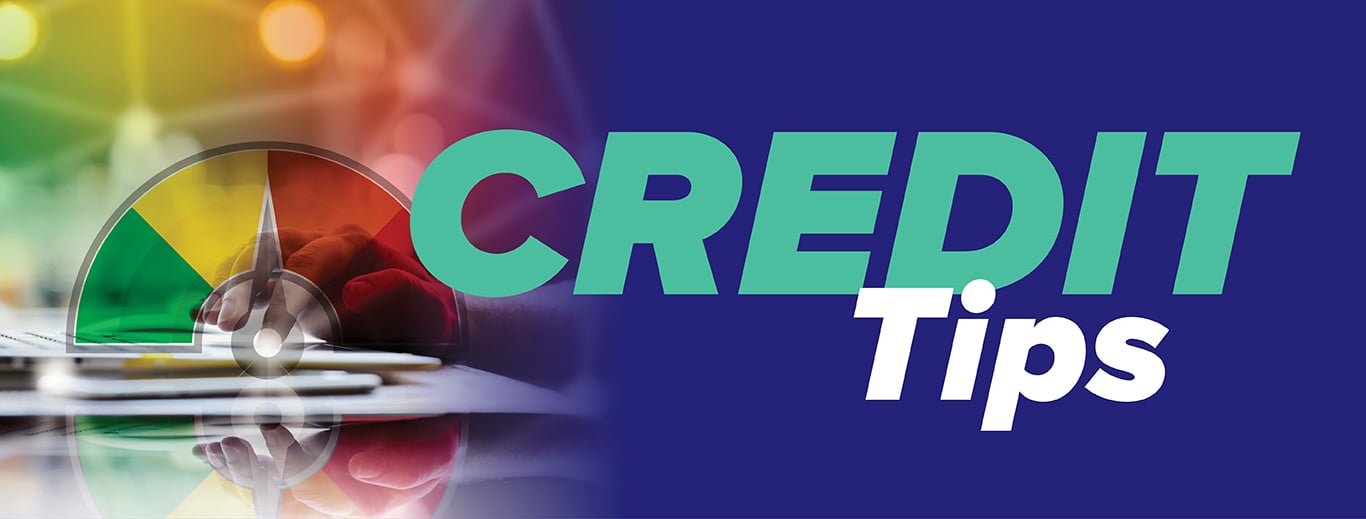
Having a good credit score is important if you want to borrow money. Whether you’re applying for a new credit card, car loan or any loan. It can also help you get a better interest rate on loans. The below tips can help you build your credit score.
Let’s start with the basics—What is a credit score?
Your credit score is an actual number which has a range between 300 to 850. The larger the number, the better your credit is. The number helps lenders and creditors determine how creditworthy you are. The credit score aids creditors and lenders in their evaluation of how much of a risk it is to lend you money. In the simplest terms, how responsible you are with your finances. The score is largely based on your outstanding credit, payment history, and public records (liens and judgments filed against you). The higher your score, the more likely you’ll be to qualify for that new loan or credit card—with the lowest possible interest rate.
Top 5 Tips on Building Your Credit Score
- Pay your bills on time.
Our first tip is one of the most import factors in your credit score determination. Potential lenders and creditors (as well as your current lenders) want to be sure you’ll pay your bills. A payment that is a few days late can hurt your score. Many creditors report to the credit bureaus that compute your score. Remember, this covers credit card bills, and auto loans—delayed cellphone, electric, and rent bills can impact your credit if they’re reported to credit bureaus.
- Consider a credit card.
It is very important to have a credit card, and the longer it is open the better it is. Creditors and lenders want to see how you’ve been managing credit/revolving debt. Your credit history shows how long you’ve been using credit and how responsible you have used your credit.
- Keep your balances low.
It is important to use your credit cards, but remember it is best if you pay off the entire balance each month. If you cannot pay off the entire balance, always pay off as much as you can afford each month (not just the minimum amount due). Just because you have a high credit limit doesn’t mean you should keep your balance up to that limit. When possible, it’s a good rule of thumb to keep your total debt lower than 30% of your overall credit limit. The lower your balances, the better. If you get too close to your limit, creditors may think you’re biting off debt than you can handle, or that you’re supplementing your income with credit.
- Don’t apply for more credit than you need.
Applying for lots of cards won’t always help improve your score. You could be tempted to use them (and spend more that you can afford). In addition, a lot of inquiries, from creditors and potential creditors, on your credit report may raise a warning flag to potential lenders and can actually lower your credit score.
- Keep an eye on your credit report.
This last step is simple and it’s free. It’s important to check your credit report and make sure what is showing on your report is correct—especially since that is how your credit score is established. There are three national credit reporting bureaus: Experian, TransUnion, and Equifax. You’re entitled to a free credit report from each of them every year, which you can request from AnnualCreditReport.com. If you find errors in your reports, be sure to take care of any problems found as soon as possible.
Summary: How to keep your credit score healthy?
The best thing you can do to keep your credit score healthy is to pay your bills on time. Also, be careful not to exceed account limits, and make sure none of your accounts are delinquent. If you take these steps, you can achieve a higher credit score.


